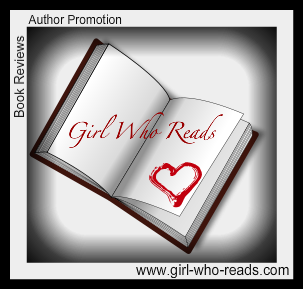I enjoy reading poetry but I don't really like to review it. I just don't feel like I can adequately talk about poetry. Growing up I read a lot of Shel Silverstein. I can't tell you how many times I've read Where the Sidewalk Ends and The Light in the Attic.
When We Emerge
I emerge from the cool, dark house
Into the warm, sunlit spring
Flowers and trees greet me
With showy blooms and vibrant leaves
As I reflect on their time of dormancy
Needed to survive the harshness of winter and produce such a display
And I wonder how vibrant we will be
When we emerge
I spy the doe in my backyard
Keeping to the shadows
In search of a safe place to rest
Who may now be carrying new life within
I reflect on the fawn she lost last year
To a predator for which it had no defense
And I wonder what hope and fears we will carry
When we emerge
Birds and song fill the air
As they return to reclaim territory that is the same
But different from that which they left
They rebuild nests that have been destroyed by wind and rain
Knowing, even so, they may have to start again
I reflect on their resilience in the face of adversity
And I wonder what new life awaits us
When we emerge
A butterfly flits about the yard
With wings like stained glass
I reflect on the great struggle it endured to escape its cocoon
And I wonder what beauty we will behold
When we emerge
Deaf Republic by Ilya Kaminsky
Deaf Republic opens in an occupied country in a time of political unrest. When soldiers breaking up a protest kill a deaf boy, Petya, the gunshot becomes the last thing the citizens hear--they all have gone deaf, and their dissent becomes coordinated by sign language. The story follows the private lives of townspeople encircled by public violence: a newly married couple, Alfonso and Sonya, expecting a child; the brash Momma Galya, instigating the insurgency from her puppet theater; and Galya's girls, heroically teaching signing by day and by night luring soldiers one by one to their deaths behind the curtain. At once a love story, an elegy, and an urgent plea, Ilya Kaminsky's long-awaited Deaf Republic confronts our time's vicious atrocities and our collective silence in the face of them.
Donna Huber is an avid reader and natural encourager. She is the founder of Girl Who Reads and the author of how-to marketing book Secrets to a Successful Blog Tour.
Enjoyed this post? Never miss out on future posts by following us. Get even more book news in your inbox, sign up for our newsletter today! Or Follow Girl Who Reads with Bloglovin. Girl Who Reads is an Amazon advertising affiliate; a small commission is earned when purchases are made at Amazon using any Amazon links on this site. Thank you for supporting Girl Who Reads.






















I love some poetry, and yet other poetry leaves me scratching my head. That's not always a bad thing. But the one thing poetry related that I never loved is writing it. :-) You did well with your nature poem, and you have the skill to go further with it. Trying my hand at poetry wouldn't work that way for me.
ReplyDeleteI'm not a poetry person. Like I can read a poem, but I can't pick up a book of poems....
ReplyDelete